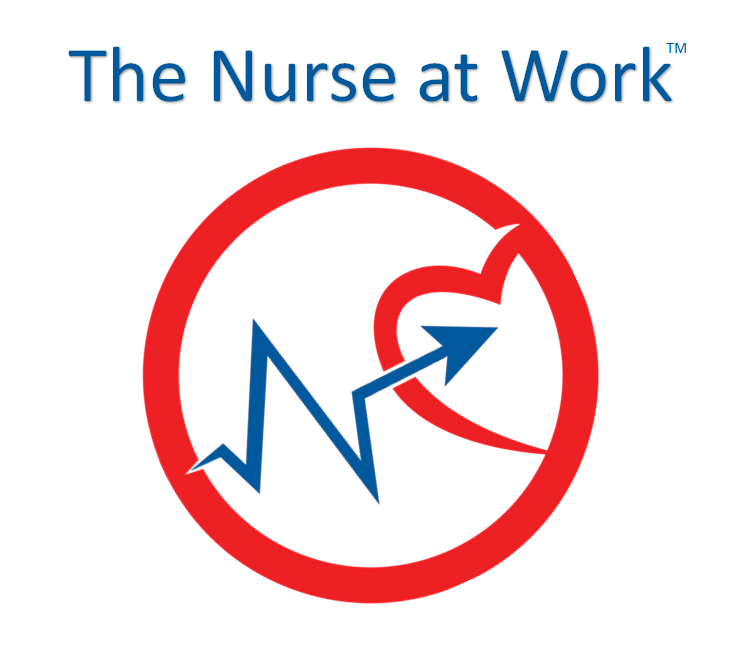Whether you’re a new nurse graduate or an experienced nurse seeking a new opportunity, resume development is a crucial skill to have.
Here are some things to keep in mind to help secure that job you want!
- A resume is a one-page document with the following information:
- Your name and contact information, typically centered at the top of the document
- Your work objective statement (Objective:)
- Experience (most recent listed first)
- Education (most recent listed first)
- Special skills pertinent to the work opportunity
- Clarity is important.
- Remove information that is not pertinent. This may include duplicate words, extraneous information, etc.
- Grammar, spelling, capitalization, etc. matters.
- Nurse managers and recruiters do not want to hire nurses who can’t demonstrate written competence and adherence to the basics of writing.
- Get a trusted friend to review your resume to point out any glaring errors.
- List a clear objective statement.
- Your potential workplace wants to know which type of work you are seeking. If you have a particular unit you wish to work on, state it clearly. I personally recommend personalizing each objective statement to the particular job to which you are applying.
- Avoid duplicate, extraneous, or unclear information.
- You do not need your name listed on the top and bottom of your resume – once is enough.
- There is no need to duplicate any information. Once is enough.
- Use white space to your advantage.
- Yes, generally one page is the limit for a resume; however, that doesn’t mean you should cram word after word onto the document.
- List volunteer opportunities if you have limited work experiences.
- You may wish to explain any gaps in employment in your cover letter.
- Some past work experience still is pertinent to nursing. For instance, working retail or being a teacher is a great primer for nursing!
I hope you find these tips helpful!


Recent Comments